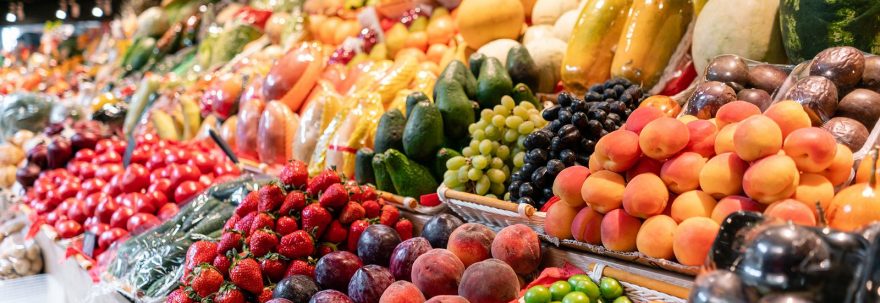The Covid pandemic has highlighted the importance of food self-sufficiency. With the beginning of the confinements, images of supermarkets with empty shelves in the milk, egg or meat sections followed one another. Only the continuity of the work in Europe by farmers, farms and the food industry made it possible to give an agile response to the increase in demand for household consumption.
Europe is generally self-sufficient in most foods, but there are certain products that it has to import, since it does not produce them in sufficient quantity or directly does not grow them for climatic reasons, such as coffee, cocoa or soybeans used in food animal. In any case, European food exports multiply imports by 1.5, which speaks well of the EU’s food self-sufficiency. In 2019, the EU imported food worth €108.6 billion, but exported a much higher amount, €162.7 billion.
The Common Agricultural Policy (CAP) plays a key role in ensuring Europe’s food self-sufficiency. The direct aid that the CAP provides to farmers represents an incentive for the continuity of agricultural activity and for the incorporation of young people to farms. Without such aid, the countryside would lose its attractiveness and consequently the EU’s food self-sufficiency would be put at risk. It should be borne in mind that agricultural income per worker, not counting CAP aid, represents only 46.5% of what an average salary would be in the rest of the economy, according to the latest calculations handled by the European Commission (Data from the year 2017).
The income support for farmers provided by the Common Agricultural Policy therefore contributes to balancing the scale. Even with these supports, there are only two EU countries, the Czech Republic and Estonia, where the total income of farmers is higher than an average wage in the rest of the economy of that country.
Income support in the countryside fulfills a second function, guaranteeing the availability of food at affordable prices for all citizens. It can be said that the price of food in the supermarket is paid in part by the PAC and in part by consumers.



